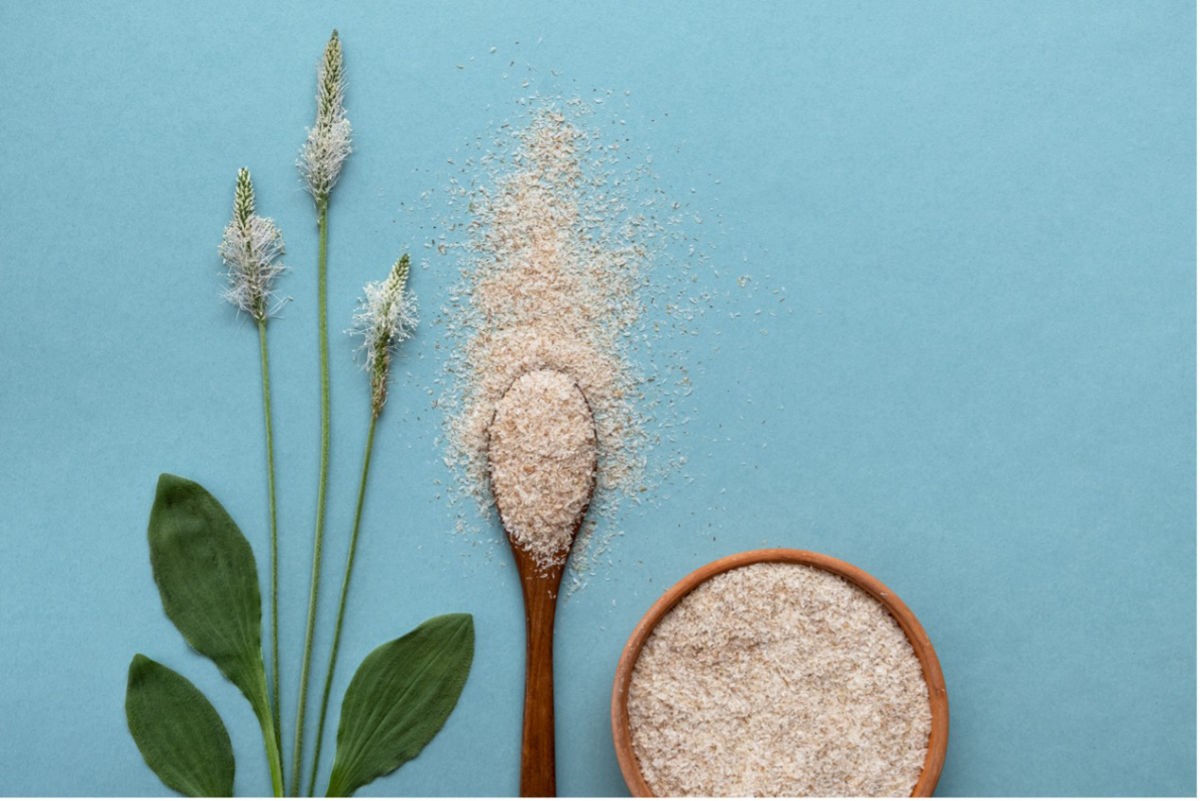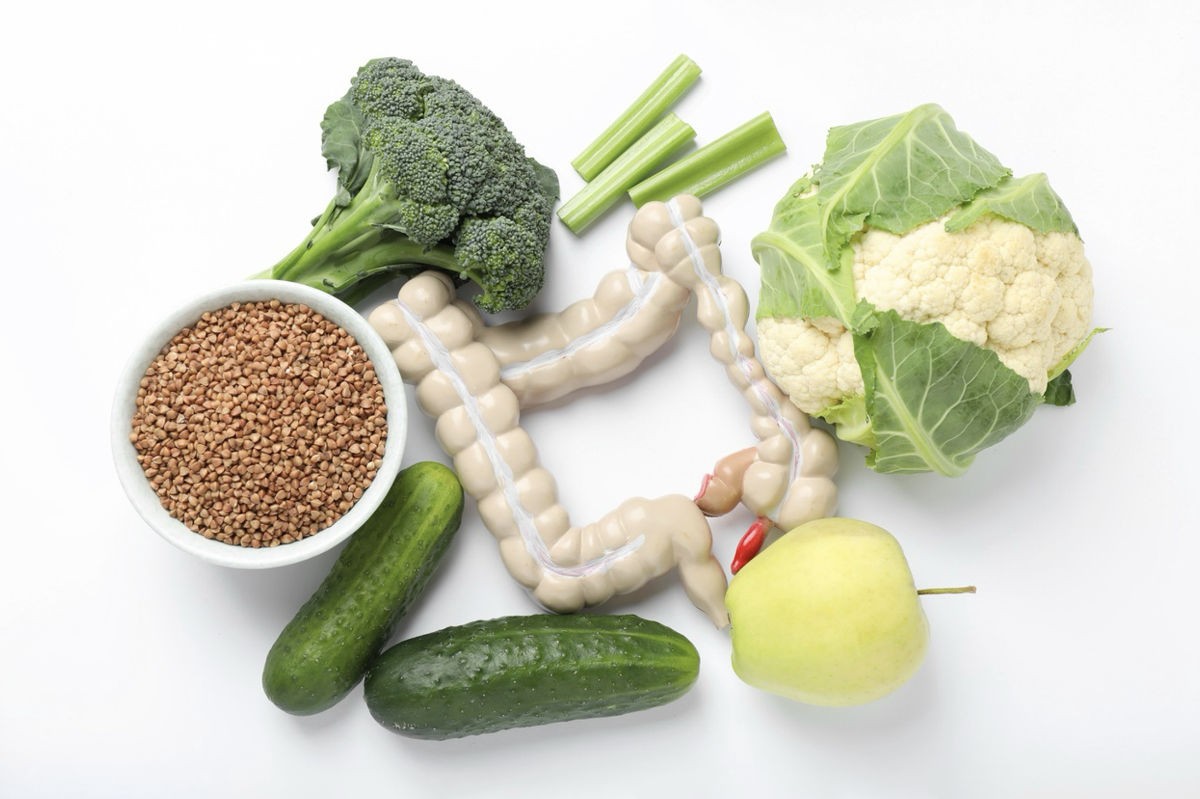
Importance of Bowel Regularity: Focus on Fibre
Everyone has experienced constipation or diarrhoea at some point in their lives. These are common incidences considering our diet, exercise and lifestyle choices are in constant change to keep up with the demands of everyday life!
However, recurring bowel issues can create discomfort and interfere with our lives. It can also be a huge indicator of digestive system health problems such as gut issues, irritable bowel syndrome (IBS) and thyroid problems. It is important to monitor our stool frequency, content and bowel movement to maintain our overall wellbeing.
Dietary fibre can be found in plants such as vegetables, fruits and grains and it is an indigestible carbohydrate. Fibre supplements are a great way to help regulate our bowel movements and ease constipation which is a common clinical issue, diarrhoea and IBS.
Psyllium
Psyllium is a widely known soluble fibre which is native to India. Amongst its many benefits is its use as a laxative to help regulate bowel movements by alleviating symptoms of mild to moderate diarrhoea, constipation and IBS.
The fibre in psyllium forms a gel material by absorbing the water in the intestine, which helps to bulk the stool and soften it as it passes through the body. According to a 2019 clinical study, psyllium supplementation altered the intestinal microbiota of constipated patients more than in healthy controls. The statistically significant observations of this study supports the effect of psyllium on gastrointestinal physiology to relieve constipation and IBS. Nevertheless, the water absorption effect of psyllium from the digestive tract helps to firm and decrease the frequency of the passing of stools, which eases diarrhoea.
Inulin
Inulin is a prebiotic soluble fibre and it nourishes the beneficial gut bacteria. It is found in certain plants and can be used as a supplement by sourcing it from chicory root.
Inulin helps regulate bowel transit, stool consistency and frequency. Intake of inulin has proven to increase number of stools in individuals with chronic constipation and decrease the hardness of the stools.
Studies have demonstrated that inulin alters the gut microbiota by increasing Bifidobacterium species and lowering Bilophila and Anaerostipes . This supports a healthy digestive system, allowing easier absorption of minerals and nutrients from food sources.
Methyl cellulose
Methyl cellulose is a polymer derived from cellulose. It works by absorbing water into the colon which bulks the stools and makes it softer, easing constipation. The gastrointestinal muscle contractions caused by the laxative action of methylcellulose enables stools to become more consistent which helps with symptoms of diarrhoea. Methylcellulose is primarily used to help treat occasional constipation.
Acacia gum
Acacia gum is a type of soluble fibre derived from the branches of Acacia Senegal and Acacia seyal. It acts as a prebiotic to help increase good bacteria levels in the gut such as lactic acid bacteria and bifidobacteria.
A study conducted on the effect of Acacia Gum on bowel performance demonstrates the changes in stool consistency and frequency amongst the subjects. An increased number of stools per week, increased stool weight and increased water excretion in stool content is directly linked to relieving constipation. Acacia gum can also help improve intestinal wellbeing, and this promotes a healthy digestive system.
Final thoughts
Bowel regulation is an important part of our health. Fibre helps regulate our bowel movement by changing stool consistency, frequency and contributing to a healthier gut microbiota. Depending on the way they are used, the aforementioned fibre types can help with constipation and diarrhoea. Therefore, it is important to consult a pharmacist or healthcare professional on the best options for your concern.
Reference List
- The Australian Nutrition Foundation Victoria. (2014). Fibre. Retrieved from https://nutritionaustralia.org/app/uploads/2020/05/Fibre-2014.pdf
- Jalanka J., Major G., Murray K., Singh G., Nowak A., Kurtz C., Silos-Santiago I., Johnston JM., de Vos WM. and Spiller R. (2019) The Effect of Psyllium Husk on Intestinal Microbiota in Constipated Patients and Healthy Controls. Int J Mol Sci. 20(2), 433. Retrieved from https://www.ncbi.nlm.nih.gov/pmc/articles/PMC6358997/
- Healthline. (2023). The Health Benefits of Psyllium. Retrieved from https://www.healthline.com/health/psyllium-health-benefits#laxative
- Lefton J., (2024). The Health Benefits of Psyllium Husk. Verywellheath. Retrieved from https://www.verywellhealth.com/the-benefits-of-psyllium-89068
- Bărboi OB., Ciortescu I., Chirilă I., Anton C. and Drug V. (2020). Effect of inulin in the treatment of irritable bowel syndrome with constipation (Review). Exp Ther Med. 20(6), 185. Retrieved from https://www.ncbi.nlm.nih.gov/pmc/articles/PMC7579772/
Related Posts
By accepting you will be accessing a service provided by a third-party external to https://www.lipa.com.au/







